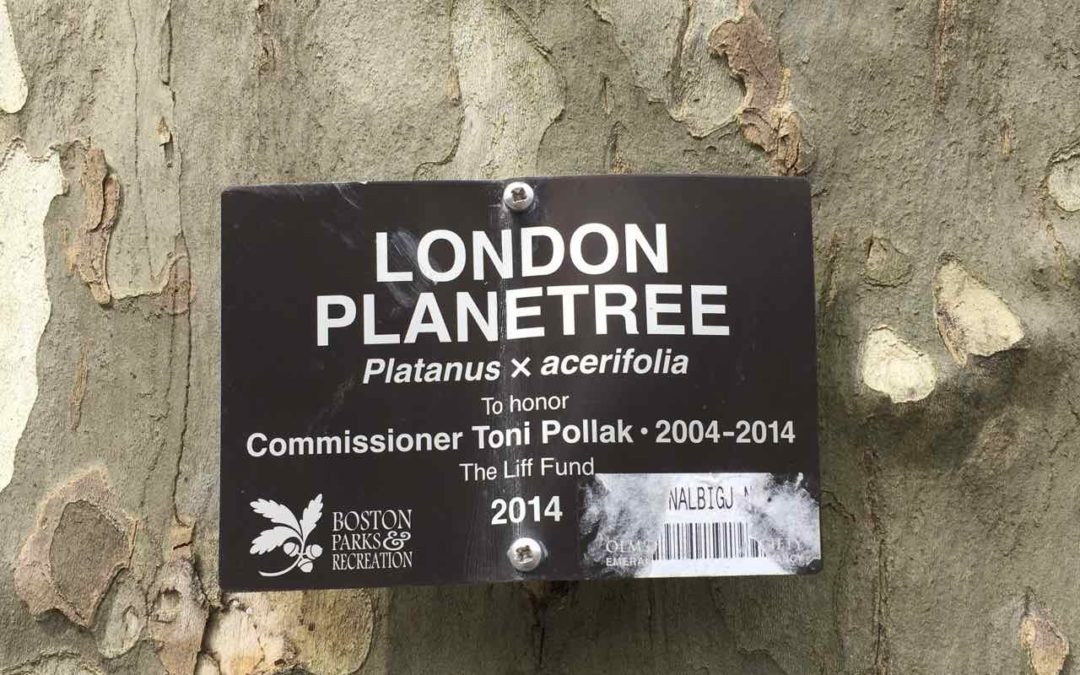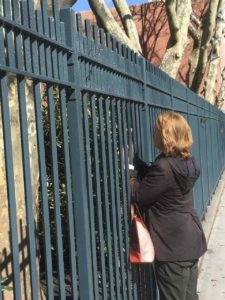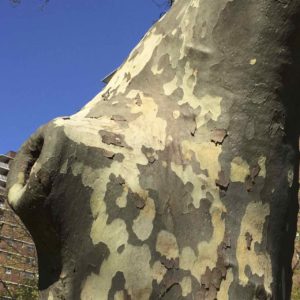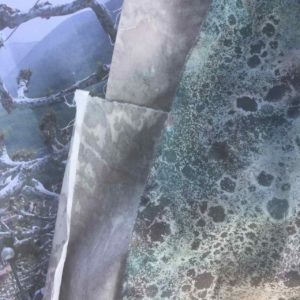
Plantano, Sycamore, Planetree
 Tree bark deserves a pause. For a statically significant portion of our lives together, my hub waits as I stop at another sycamore (or plane tree or plantano, as it is known in Italian). Pulling out my camera, the bark’s earthy, rich textures and colors are a testament to the tree’s life journey. Snap! Another amazing specimen for my collection. Isn’t it magnificent?
Tree bark deserves a pause. For a statically significant portion of our lives together, my hub waits as I stop at another sycamore (or plane tree or plantano, as it is known in Italian). Pulling out my camera, the bark’s earthy, rich textures and colors are a testament to the tree’s life journey. Snap! Another amazing specimen for my collection. Isn’t it magnificent?
 Years ago, hub used to groan. Now he accepts and adapts, realizing that this is just part of our life together.
Years ago, hub used to groan. Now he accepts and adapts, realizing that this is just part of our life together.
Why does the bark appeal to me? The bark layers explore the possibilities greens, browns and grey. The outer bark layers peel away in rounded amoeba-like shapes. I learned that young sycamore bark can conduct photosynthesis, allowing the tree a kick start in the spring. The distinct shaggy shedding reminds me of its never-ending evolution.
My Plantano tree photo fetish started when we enjoyed passeggiate (scenic pathways) and viale in Italian and French cities. Sycamores and plane trees grow quickly, cast a wide shade canopy and put up with compacted urban soil and air pollution. French and Italian communities prune the trees to emphasize a low, spreading branch habit, which gives a knobby, gangling sculptural impact to the walkways during winter.
From the photos, I assembled fabric collections inspired by those colors and textures in an attempt to recreate this lovely texture and feeling of continual rebirth. While I’ve made a couple of quilts, there were more possibilities. This winter, I turned back to those fabric packets. Layering fabrics, sewing shapes and cutting away the “bark” created branches and trunks. I also “discovered” fabrics painted more than five years ago that matched those textures!

As New England hunkered through a cold, wet April, watching two Plantano quilts grow on my studio wall kept me distracted. I’ll put them up in my Fiber Art Gallery soon!



